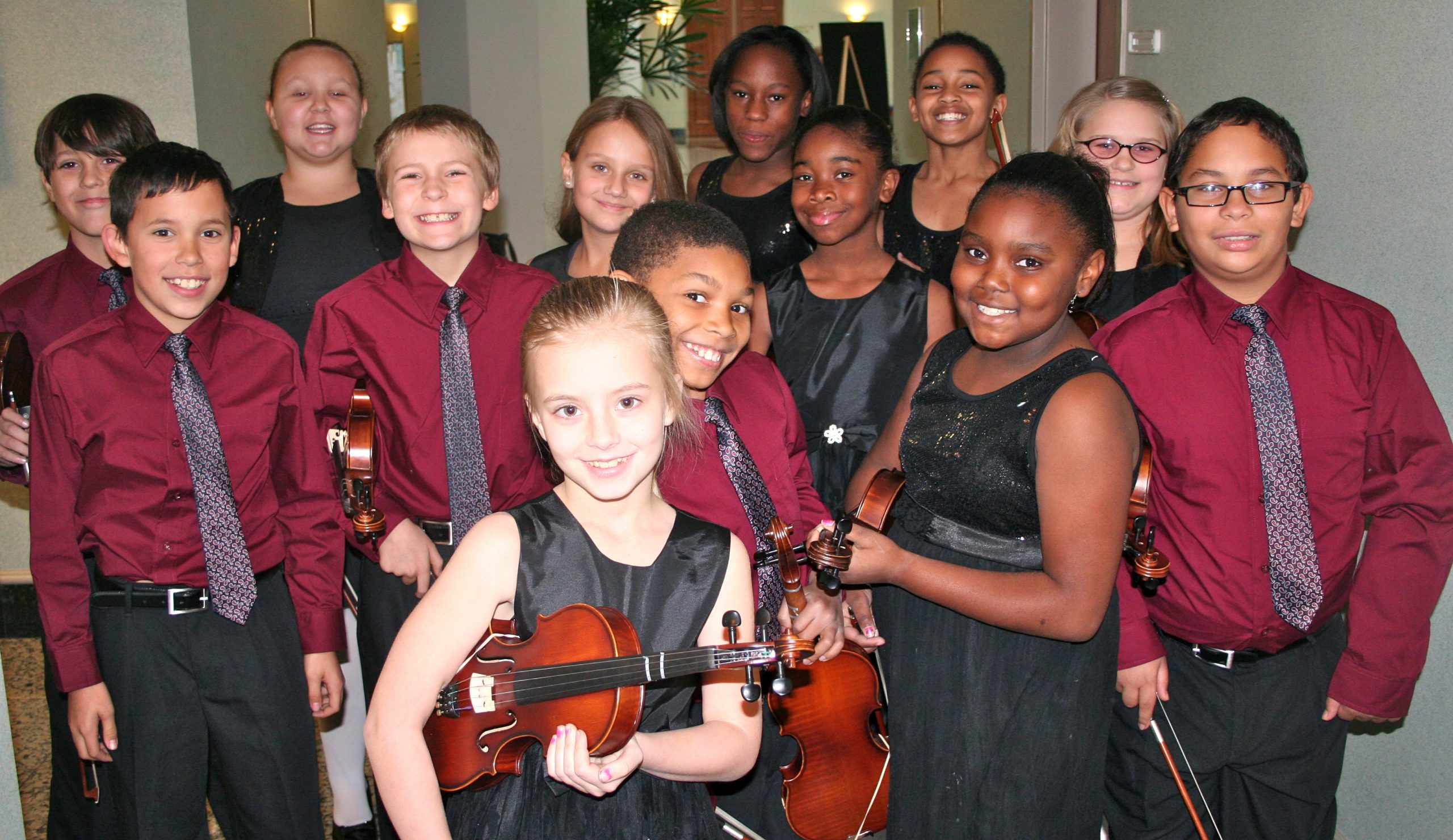As school budgets have tightened, less is being spent on arts education in general, and on music education in particular. Given the number of benefits that music has for students, this is a trend that needs to be reversed, and this is one of the primary missions of Communities in Schools.
An Overlooked Method for Teaching Literacy Language skills are among the most important skills that children must learn during their preschool
and elementary grade education. Reading fluency influences students’ ability to comprehend every other subject, including science, social studies, and math.
While schools are feeling the push to guide children towards career paths in the “STEM” (science, technology, engineering, math) fields, they are unfortunately neglecting one of the most important ways to teach literacy: through music education.
You might be wondering how musical training helps students learn about language. Consider this: most native English speakers sing the alphabet to the tune of "Twinkle, Twinkle Little Star;" at the very least, they recite it in the same rhythm.
This is because, according to researchers at Kent State, rhymes and rhythms help kids (and people of all ages) memorize things – especially linguistics.
A few common ways to utilize these beneficial effects are to:
- Teach linguistic and grammatical concepts using songs
- Use lyrics from age-appropriate songs to help students learn to identify parts of speech,
as well as more advanced concepts like rhyme schemes
- Task students with writing a poem that fits a given melody to teach them important
concepts about syllables, grammar, and more
Easing Social Cohesion
Classroom cooperation and social cohesion is easier with musical accompaniment.
Think about it: every country has a national anthem, and sports teams have their fight songs. When people engage in musical activities together, they feel more like a part of the group, and they also feel more positively about group members and themselves. This enhances the overall mood and the sense of safety students feel in a classroom. When kids feel they're in a safe environment, their brains are in the optimal state to learn new information. Musical education doesn't just make learning more enjoyable, it makes learning easier. In some cases, it's the only way to make learning possible.
Multiple Benefits
For all of these reasons and more, musical programs are important for students. It strengthens areas of the brain that process language-based information, which prepares students to learn language, to learn to read, and to learn almost every other subject that depends upon reading and other language skills. Research has shown that this remains true even for students who learn language and musical skills in separate environments, such as students who take lessons in a musical instrument outside of a school setting. However, not all families can provide their children with an instrument and a tutor, which is why Communities in Schools is so committed to bringing musical education back to students in schools.
Contact Communities In Schools of Jacksonville to learn how we work with schools to provide music education to students in Duval County, Florida.
###
Related Tag: Literacy Tutoring Services


